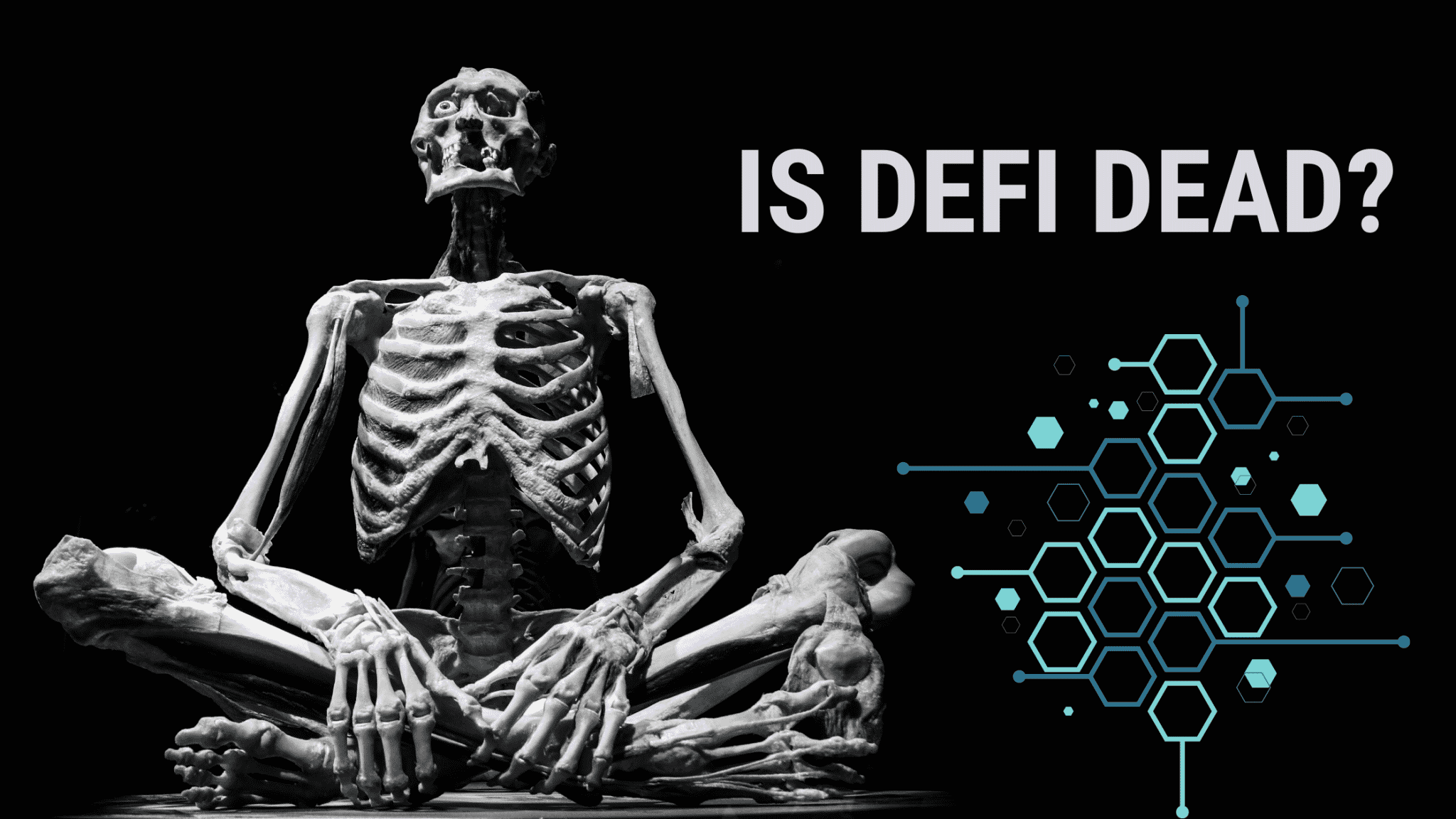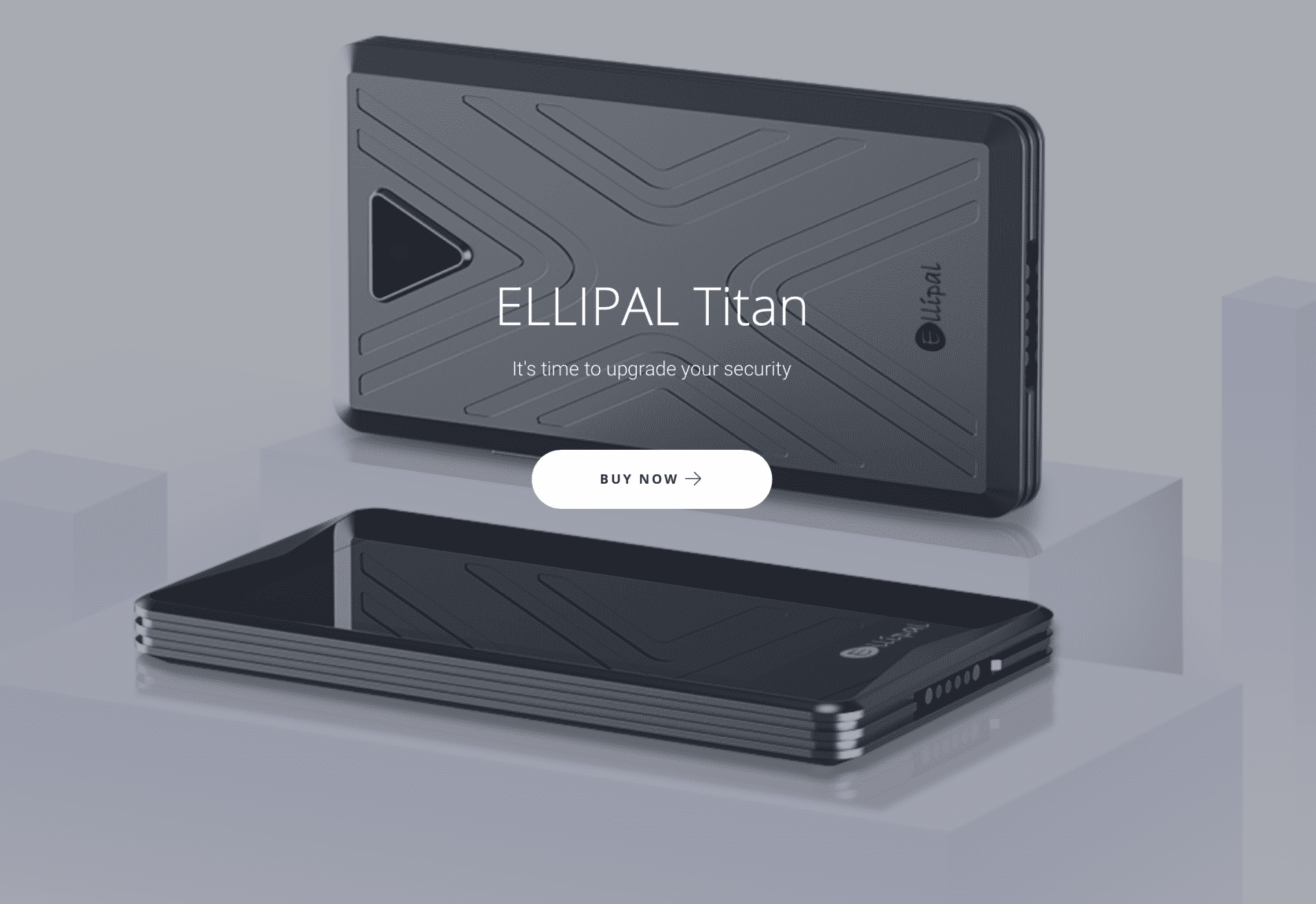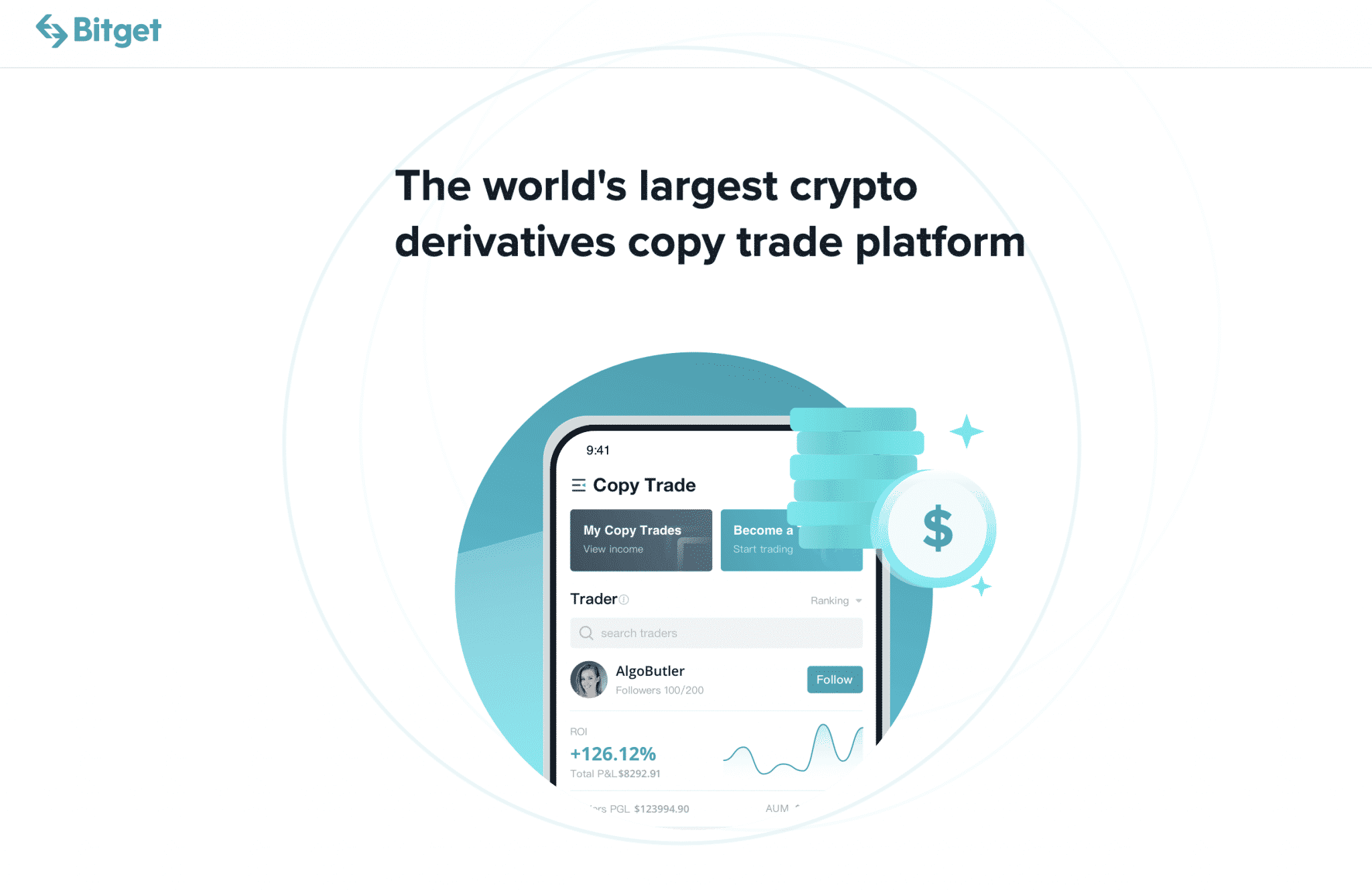 Navigation
Navigation

Could Blockchain Be The Answer To Healthcare?
|
|
Imagine this: Your entire medical record is on the blockchain. Monitoring systems and IoT devices automatically update your data, so when you go for diagnostic tests, the results are recorded without a third party. Because of the immutability of blockchain technology, your medical records cannot be changed, and the results are available from anywhere, without any other system, as long as you have the right credentials. Insurance is tied into the system and can be paid out automatically through smart contracts. Even clinical trials have their data automatically recorded, so they can’t be tampered with.
The whole system is streamlined; costs of transferring medical records between institutions are reduced, compliance costs go down and auditing is much easier. It could even mean an end to ransomware attacks against hospitals. Medicare fraud–which has cost around $30 billion over the past 20 years–could also be reduced, because it is almost impossible to alter the data.
This is the kind of dream that many blockchain pundits have for healthcare. Leveraging the advantages of blockchain technology to make records more secure and efficient. A complete, integrated, blockchain-based system. Simple and effective. But is it practical?
As with a lot of blockchain solutions, the answer is not anytime soon. Sure, the technology has tremendous potential to disrupt our healthcare systems, but the reality is that it is still relatively new and untested in practical situations, while healthcare systems tend to adapt at a glacial pace–as of 2014, only 74% of hospitals had an electronic health record system. If healthcare systems are still technologically in the late nineties, anyone holding their breath for a blockchain-based revolution is going to pass out well before the gears are set in motion (and then have to visit the hospital and deal with its convoluted and outdated system).
The Blockchain Dream
Medical records present many challenges to the healthcare system. The data is important and valuable, both to patients and criminals. Medical records are immensely useful for fraud, and they can be sold on the black market for more than 100 times what credit card data will fetch. Because of this, privacy and security need to be at the forefront of any system. Access is also crucial, which often conflicts with the two prior needs.
The current healthcare record system is a mess of disconnected databases with data transferal issues, that is suffering from a growing number of breaches. Blockchain and other digital ledger technology have all the hallmarks of a perfect solution. They are secure, almost impossible to manipulate, auditable and can be easily accessed with public and private keys.
Healthcare organizations, such as hospitals and insurance companies need to share patient information to conduct their business. One of the big problems with the current system is knowing whether the information that has been shared is accurate and that it hasn’t been tampered with. A permanent blockchain-based record could completely solve this issue. Those with the right credentials could verify a record at any time. The system would be easy to audit, more streamlined and much more effective.
The Problems of Blockchain in Healthcare
A lot of high-minded blockchain entrepreneurs are presenting big solutions to complex problems, but some are out of touch with the realities of the systems they want to change. Coindesk reported Alyssa Hoverson Schott, a doctor from Sanford Health, as saying, “It’s just not possible for the healthcare system to be real time as it relates to claims.” She went on to elaborate that because of the immense workload that doctors are under, they do not have time to immediately record data or results to the blockchain.
Another major issue is that companies could be locked-in to their blockchain vendor. The cost of transferring blockchain-based medical records to another organization would be exceptionally high, so a business could find themselves trapped with a vendor who raises the service price to unreasonable levels.
Also, blockchain infrastructure isn’t at the stage where it can handle something as large or as important as US health records. Apart from Bitcoin, blockchain technologies have only really been experimented with for the last couple of years. In most sectors, startups are still working on proof-of-concept, rather than applying their technology in practical ways. Healthcare is no different, and the reality is that the technology hasn’t been tested thoroughly in real-world applications.
When you take into account just how important medical records are, how much organizations could lose by deploying immature technology, as well as the slow pace of IT in healthcare, it is clear that large-scale blockchain solutions are a long way off. Michael Gucci, who is both a doctor and a bitcoin entrepreneur, estimates that the technology won’t be implemented for another 10-15 years.
The Reality of Blockchain in Healthcare
This article aims to be realistic, not pessimistic. It’s easy to get sucked into all of the blockchain hype and completely lose sight of the ground. These attitudes lead to bubbles and speculation that can be just as damaging to the blockchain industry as the established players who keep their heads in the sand. While a completely integrated blockchain-based healthcare solution is somewhere on the vast horizon between dreams and reality, there are some individual applications that we may see much sooner.
Drug Provenance
While it may not be a big problem in the developed world, some countries have significant issues with counterfeit medication. Accenture has proposed combining blockchain and IoT technology to track drugs and make sure that they haven’t been tampered with. In the developing world, the supply chain can be difficult to trust, so using distributed time-stamping on these products could ensure that they are genuine, which in turn could save lives.
Decentralizing Patient Databases
Medical data breaches have become more common in recent years. One of the reasons for this enormous rise in medical data theft is that as the transfer has been made to electronic health records, much of this data is pooled in centralized databases. Some of these can have between 5 and 10 million records, which is a huge target for hackers.
Adrian Gropper, the CTO of Patient Privacy Rights, proposes that we need to decentralize these databases so that hackers cannot steal as many records at once. He proposes making the databases smaller and only housing the records for one doctor or community, instead of millions of people. Gropper is building a patient-centered medical record platform that is based on blockchain technology. He believes that this solution could keep the data diversified and make it harder to hack, as well as much less fruitful for criminals.
Estonian Health Records
In what may be the clearest demonstration on the future of blockchain technologies and healthcare, the Estonian eHealth Foundation has partnered with the data security startup, Guardtime. Together, they plan to develop a blockchain-based system that will secure the medical records of more than 1 million patients. The system files and signs the data, with new signatures generated whenever the information is altered. The data itself isn’t stored on the blockchain, just the hash values that indicate when files have been updated. This system keeps the records secure while leaving a clear trail of any alterations.
While the Estonian project may not be the integrated health system that some blockchain fanatics dream about, it certainly shows the potential for the technology within the healthcare system. Despite the advantages that lay in blockchain-based solutions, we need to recognize that the technology is still in its infancy. With the slow pace of the health system, especially where it comes to IT, it will be a long time before we see blockchain technology used in any significant way.






best dissertation writing services https://helpon-doctoral-dissertations.net/
average dissertation length https://dissertations-writing.org/
phi kappa phi dissertation fellowship https://mydissertationwritinghelp.com/
phd dissertation https://help-with-dissertations.com/
guide to writing a dissertation https://dissertationwriting-service.com/
online dissertation help to write https://buydissertationhelp.com/
free bonus slots for fun https://slotmachinegameinfo.com/
play sizzling 7 slots free https://www-slotmachines.com/
free jackpot party slots https://411slotmachine.com/
quick hits free slots https://download-slot-machines.com/
slots inferno https://beat-slot-machines.com/
slots canyon inn https://slot-machine-sale.com/
google free slots https://slotmachinesforum.net/
free aristocrat slots https://slotmachinesworld.com/
sim slots https://pennyslotmachines.org/
zynga wizard of oz slots https://candylandslotmachine.com/
cats slots https://freeonlneslotmachine.com/
300 free slots of vegas https://2-free-slots.com/
feminine gay dating sites https://speedgaydate.com/
gay chat webcam room facebook free https://gay-buddies.com/
gay random chat https://gaytgpost.com/
gay dating site/crosword https://gaypridee.com/
gay sex chat free https://bjsgaychatroom.info/
1admissible
Totally agree Adrian! I have been in health care IT over a decade and have been trying to implement all kind of emerging technology for EHR and public healthcare. Often, I came across executives and health care leaders think that healthcare issue is complex and shut down ideas due to what you point “legacy practices” or may I say legacy thinking?. I believe what need to happen in healthcare is a different way of new thinking… as the saying goes, if you change the way you look at things – the things you look at will change… healthcare needs a total transformation like Blockchain and need to stop hiding behind, too complex, too private date, too big data…excuses…technological solution are here… you even simply articulate few possible solutions in your comments – keep pushing forward! Btw, I know 7 months count too many years in this fast moving Blockchain train…I’m interested in collaborating with you on Blockchain public health use case if opportunity still exist, I just sent you a note to your gmail account.
Totally agree Adrian! I have been in health care IT over a decade and have been trying to implement all kind of emerging technology for EHR and public healthcare. Often, I came across executives and health care leaders think that healthcare issue is complex and shut down ideas due to what you point “legacy practices” or may I say legacy thinking?. I believe what need to happen in healthcare is a different way of new thinking… as the saying goes, if you change the way you look at things – the things you look at will change… healthcare needs a total transformation like Blockchain and need to stop hiding behind, too complex, too private date, too big data…excuses…technological solution are here… you even simply articulate few possible solutions in your comments – keep pushing forward! Btw, I know 7 months count too many years in this fast moving Blockchain train…I’m interested in collaborating with you on Blockchain public health use case if opportunity still exist, I just sent you a note to your gmail account.
Totally agree Adrian! I have been in health care IT over a decade and have been trying to implement all kind of emerging technology for EHR and public healthcare. Often, I came across executives and health care leaders think that healthcare issue is complex and shut down ideas due to what you point “legacy practices” or may I say legacy thinking?. I believe what need to happen in healthcare is a different way of new thinking… as the saying goes, if you change the way you look at things – the things you look at will change… healthcare needs a total transformation like Blockchain and need to stop hiding behind, too complex, too private date, too big data…excuses…technological solution are here… you even simply articulate few possible solutions in your comments – keep pushing forward! Btw, I know 7 months count too many years in this fast moving Blockchain train…I’m interested in collaborating with you on Blockchain public health use case if opportunity still exist, I just sent you a note to your gmail account.
Great Post. Blockchain presents massive opportunities for health but in studying the applications one uncovers just how complicated the existing health tech sector is; Blockchain isn’t on their radar for the most part.
Thinking long-term we need a global “open-health” system fortified by Blockchain access control. Patient Keys and Dr. Keys are required to access and amend health records with third parties bodies acting as additional multi-sig agents. This will also require digital identity and a robust digital wallet.
Even in the most secure e-health record constructs today there are super admins who have access to patient data. This is a vulnerability that simply does not need to exist.
Hi Kyle. Yes – 1) hugely complex (largely due to legacy practices using constrained technology)[Solution? – reinvention of the entire value chain incrementally, over tine in line with a vision that has at least a decade horizon] 2) Potentially VERY large individual patient data sets – CT scans, X-Rays, blood test, specialist reports & tests ….. to name a few – BESIDE the core patient record.[Solution? – IPFS for data storage, graph databases for data management, ChainLink for embedding data access/validation] 3) Complexity of wearables & medical IoT – NOT JUST Big Data but FAST data as well [Still thinking!! – security, data latency, robustness, in life support monitoring, …et.al] 4) Transacting for healthcare – we need to bridge between secure, trustless, tamperfree blockchain transactions, via the off-chain EHR, into a fiat currency conversion against care codes, payment regimes, etc..]. These are just 4 “top of minds” not an exhaustive inventory. Notwithstanding this we need to start somewhere in applying blockchain’s unique characteristics in order to simpy a system collapsing under its own weight. I am at idsecure.adrian@gmail.com if you wish to continue the discourse?
Great Post. Blockchain presents massive opportunities for health but in studying the applications one uncovers just how complicated the existing health tech sector is; Blockchain isn’t on their radar for the most part.
Thinking long-term we need a global “open-health” system fortified by Blockchain access control. Patient Keys and Dr. Keys are required to access and amend health records with third parties bodies acting as additional multi-sig agents. This will also require digital identity and a robust digital wallet.
Even in the most secure e-health record constructs today there are super admins who have access to patient data. This is a vulnerability that simply does not need to exist.
Hi Kyle. Yes – 1) hugely complex (largely due to legacy practices using constrained technology)[Solution? – reinvention of the entire value chain incrementally, over tine in line with a vision that has at least a decade horizon] 2) Potentially VERY large individual patient data sets – CT scans, X-Rays, blood test, specialist reports & tests ….. to name a few – BESIDE the core patient record.[Solution? – IPFS for data storage, graph databases for data management, ChainLink for embedding data access/validation] 3) Complexity of wearables & medical IoT – NOT JUST Big Data but FAST data as well [Still thinking!! – security, data latency, robustness, in life support monitoring, …et.al] 4) Transacting for healthcare – we need to bridge between secure, trustless, tamperfree blockchain transactions, via the off-chain EHR, into a fiat currency conversion against care codes, payment regimes, etc..]. These are just 4 “top of minds” not an exhaustive inventory. Notwithstanding this we need to start somewhere in applying blockchain’s unique characteristics in order to simpy a system collapsing under its own weight. I am at idsecure.adrian@gmail.com if you wish to continue the discourse?
Great Post. Blockchain presents massive opportunities for health but in studying the applications one uncovers just how complicated the existing health tech sector is; Blockchain isn’t on their radar for the most part.
Thinking long-term we need a global “open-health” system fortified by Blockchain access control. Patient Keys and Dr. Keys are required to access and amend health records with third parties bodies acting as additional multi-sig agents. This will also require digital identity and a robust digital wallet.
Even in the most secure e-health record constructs today there are super admins who have access to patient data. This is a vulnerability that simply does not need to exist.
Hi Kyle. Yes – 1) hugely complex (largely due to legacy practices using constrained technology)[Solution? – reinvention of the entire value chain incrementally, over tine in line with a vision that has at least a decade horizon] 2) Potentially VERY large individual patient data sets – CT scans, X-Rays, blood test, specialist reports & tests ….. to name a few – BESIDE the core patient record.[Solution? – IPFS for data storage, graph databases for data management, ChainLink for embedding data access/validation] 3) Complexity of wearables & medical IoT – NOT JUST Big Data but FAST data as well [Still thinking!! – security, data latency, robustness, in life support monitoring, …et.al] 4) Transacting for healthcare – we need to bridge between secure, trustless, tamperfree blockchain transactions, via the off-chain EHR, into a fiat currency conversion against care codes, payment regimes, etc..]. These are just 4 “top of minds” not an exhaustive inventory. Notwithstanding this we need to start somewhere in applying blockchain’s unique characteristics in order to simpy a system collapsing under its own weight. I am at idsecure.adrian@gmail.com if you wish to continue the discourse?
While it is true that the technology is still new, this is going to happen. We are working on it. It’s not about actually putting the records on the blockchain. It’s more about encoding information into the wallet as inputs. We are already designed a simple took to put coded information into the wallet. We are now working on expanding that model to allow strings and data( of any kind) to be put in. It’s gonna take more than what I know but I’m learning faster than I imagined
While it is true that the technology is still new, this is going to happen. We are working on it. It’s not about actually putting the records on the blockchain. It’s more about encoding information into the wallet as inputs. We are already designed a simple took to put coded information into the wallet. We are now working on expanding that model to allow strings and data( of any kind) to be put in. It’s gonna take more than what I know but I’m learning faster than I imagined
While it is true that the technology is still new, this is going to happen. We are working on it. It’s not about actually putting the records on the blockchain. It’s more about encoding information into the wallet as inputs. We are already designed a simple took to put coded information into the wallet. We are now working on expanding that model to allow strings and data( of any kind) to be put in. It’s gonna take more than what I know but I’m learning faster than I imagined
While it is true that the technology is still new, this is going to happen. We are working on it. It’s not about actually putting the records on the blockchain. It’s more about encoding information into the wallet as inputs. We are already designed a simple took to put coded information into the wallet. We are now working on expanding that model to allow strings and data( of any kind) to be put in.
While it is true that the technology is still new, this is going to happen. We are working on it. It’s not about actually putting the records on the blockchain. It’s more about encoding information into the wallet as inputs. We are already designed a simple took to put coded information into the wallet. We are now working on expanding that model to allow strings and data( of any kind) to be put in.
While it is true that the technology is still new, this is going to happen. We are working on it. It’s not about actually putting the records on the blockchain. It’s more about encoding information into the wallet as inputs. We are already designed a simple took to put coded information into the wallet. We are now working on expanding that model to allow strings and data( of any kind) to be put in.
I am working aggressively on defining the vision for delivering healthcare to the vulnerable in sub-Saharan Africa (250 million patients). Whilst my evaluation of blockchain and Ethereum lead me to definitely place into my target technology blueprint which provides us a “North Star” to navigate through what will be a multi-year (possibly more than a decade) of incremental deployment I only anticipate serious effort in developing the distributed EPR in Stage 3 of the plan. This will place the on R&D start-up blockchain now but more precise deployment characteristics will only start to form after about 12 months to 18 months into stage 1.
I see blockchain – integrated in Ethereum and IPFS & Graph DBMS – as the only highly viable candidates I can use as the foundation for a distributed, trustless, sovereign identity based EPR within the next 3 to 5 year window. The goal is to build the “digital democracy” of Medical IoT that IBM refers to in its research.
Stage 1 is very fundamental healthcare – accurate patient identification, patient record digitisation (as opposed to digital creation at source) and physical infrastructure optimization through patient workflow. If anyone is interested in collaborating on this venture I would be more than happy to have a dialogue aimed at identifying points of mutual benefit for cooperation?
Adrian
I am interested in delivering optimising care delivery services and mobile health. Let us touch base to see how we can collaborate on this to deliver equitable health to people.
Cheers
Hi Ashok, I have been conceptualising and defining a Healthcare for the Vulnerable Framework for a number of years now. I initially started working on the concept when I worked for EDS in the hope that I could get the South African Health Department to buy into it on an outsourced basis. The timing (and technology) was not right so it has been on the :back burner” in my mind until I decided to revisit the domain. The premise of my framework is that unless we can ensure almost 99.99999% accurate patient identification using bio metrics we will always be dealing with sub-optimal processes downstream. With the advent of Iris based bio metrics we are ready to ensure that we can identify patients extremely accurately (99.99999%) ensuring that the core Electronic Health Record has integrity. The technology has been field tested in places like Ghana in a children’s immunisation project and has come through with flying colors. Having established the basic building block of Patient id the next step is to digital patient records. Whilst the ultimate goal is to have the clinician captured digitally at source we are still a ways away from a man machine interface that clinicians can adopt without impacting on productivity. The interim solution in my framework is digitization of the paper records in a clinic as the starting point, scanning all new paper records generated by pauliniaanse on a daily basis, appending the new digital records to the file and making it available anywhere in the care continuum. Patient workflow and physical facility optimization is next. It is in area of the Electronic Patient Records that I see blockchain playing a vital role with it maintaining the “core” secure transaction record with the large object, high volume medical record artifacts (X-rays, Cat scans, blood… Read more »
Hi Adriane, I would like to learn from your research and experience, I am putting together a similar concept document for an Indian scenario first, and later scale it to the developed. I will send you an email. Just wanted to let you know here, so you know its me who sent the email
Sorry for the typo on the name
Sorry Satya, I made a typo in my email address!!
It should read idsecure.adrian@gmail.com. I would be very keen to share concepts as the field is vast and extremely challenging especially in a developing economy where one has to “find” the funding for government. Hope to here from you!!
just sent a note to the corrected email id Adrian.. will be glad to share with you whatever I have
I am working aggressively on defining the vision for delivering healthcare to the vulnerable in sub-Saharan Africa (250 million patients). Whilst my evaluation of blockchain and Ethereum lead me to definitely place into my target technology blueprint which provides us a “North Star” to navigate through what will be a multi-year (possibly more than a decade) of incremental deployment I only anticipate serious effort in developing the distributed EPR in Stage 3 of the plan. This will place the on R&D start-up blockchain now but more precise deployment characteristics will only start to form after about 12 months to 18 months into stage 1.
I see blockchain – integrated in Ethereum and IPFS & Graph DBMS – as the only highly viable candidates I can use as the foundation for a distributed, trustless, sovereign identity based EPR within the next 3 to 5 year window. The goal is to build the “digital democracy” of Medical IoT that IBM refers to in its research.
Stage 1 is very fundamental healthcare – accurate patient identification, patient record digitisation (as opposed to digital creation at source) and physical infrastructure optimization through patient workflow. If anyone is interested in collaborating on this venture I would be more than happy to have a dialogue aimed at identifying points of mutual benefit for cooperation?
Adrian
I am interested in delivering optimising care delivery services and mobile health. Let us touch base to see how we can collaborate on this to deliver equitable health to people.
Cheers
Hi Ashok, I have been conceptualising and defining a Healthcare for the Vulnerable Framework for a number of years now. I initially started working on the concept when I worked for EDS in the hope that I could get the South African Health Department to buy into it on an outsourced basis. The timing (and technology) was not right so it has been on the :back burner” in my mind until I decided to revisit the domain. The premise of my framework is that unless we can ensure almost 99.99999% accurate patient identification using bio metrics we will always be dealing with sub-optimal processes downstream. With the advent of Iris based bio metrics we are ready to ensure that we can identify patients extremely accurately (99.99999%) ensuring that the core Electronic Health Record has integrity. The technology has been field tested in places like Ghana in a children’s immunisation project and has come through with flying colors. Having established the basic building block of Patient id the next step is to digital patient records. Whilst the ultimate goal is to have the clinician captured digitally at source we are still a ways away from a man machine interface that clinicians can adopt without impacting on productivity. The interim solution in my framework is digitization of the paper records in a clinic as the starting point, scanning all new paper records generated by pauliniaanse on a daily basis, appending the new digital records to the file and making it available anywhere in the care continuum. Patient workflow and physical facility optimization is next. It is in area of the Electronic Patient Records that I see blockchain playing a vital role with it maintaining the “core” secure transaction record with the large object, high volume medical record artifacts (X-rays, Cat scans, blood… Read more »
Hi Adriane, I would like to learn from your research and experience, I am putting together a similar concept document for an Indian scenario first, and later scale it to the developed. I will send you an email. Just wanted to let you know here, so you know its me who sent the email
Sorry for the typo on the name
Sorry Satya, I made a typo in my email address!!
It should read idsecure.adrian@gmail.com. I would be very keen to share concepts as the field is vast and extremely challenging especially in a developing economy where one has to “find” the funding for government. Hope to here from you!!
just sent a note to the corrected email id Adrian.. will be glad to share with you whatever I have
I am working aggressively on defining the vision for delivering healthcare to the vulnerable in sub-Saharan Africa (250+ million patients). Whilst my evaluation of blockchain and Ethereum lead me to definitely place into my target technology blueprint which provides us a “North Star” to navigate through what will be a multi-year (possibly more than a decade) of incremental deployment I only anticipate serious effort in developing the distributed EPR in Stage 3 of the plan. This will place the on R&D start-up blockchain now but more precise deployment characteristics will only start to form after about 12 months to 18 months into stage 1.
I see blockchain – integrated in Ethereum and IPFS & Graph DBMS – as the only highly viable candidates I can use as the foundation for a distributed, trustless, sovereign identity based EPR within the next 3 to 5 year window. The goal is to build the “digital democracy” of Medical IoT that IBM refers to in its research.
Stage 1 is very fundamental healthcare – accurate patient identification, patient record digitisation (as opposed to digital creation at source) and physical infrastructure optimization through patient workflow. If anyone is interested in collaborating on this venture I would be more than happy to have a dialogue aimed at identifying points of mutual benefit for cooperation?
Adrian
I am interested in delivering optimising care delivery services and mobile health. Let us touch base to see how we can collaborate on this to deliver equitable health to people.
Cheers
Hi Ashok, I have been conceptualising and defining a Healthcare for the Vulnerable Framework for a number of years now. I initially started working on the concept when I worked for EDS in the hope that I could get the South African Health Department to buy into it on an outsourced basis. The timing (and technology) was not right so it has been on the :back burner” in my mind until I decided to revisit the domain. The premise of my framework is that unless we can ensure almost 99.99999% accurate patient identification using bio metrics we will always be dealing with sub-optimal processes downstream. With the advent of Iris based bio metrics we are ready to ensure that we can identify patients extremely accurately (99.99999%) ensuring that the core Electronic Health Record has integrity. The technology has been field tested in places like Ghana in a children’s immunisation project and has come through with flying colors. Having established the basic building block of Patient id the next step is to digital patient records. Whilst the ultimate goal is to have the clinician captured digitally at source we are still a ways away from a man machine interface that clinicians can adopt without impacting on productivity. The interim solution in my framework is digitization of the paper records in a clinic as the starting point, scanning all new paper records generated by pauliniaanse on a daily basis, appending the new digital records to the file and making it available anywhere in the care continuum. Patient workflow and physical facility optimization is next. It is in area of the Electronic Patient Records that I see blockchain playing a vital role with it maintaining the “core” secure transaction record with the large object, high volume medical record artifacts (X-rays, Cat scans, blood… Read more »
Hi Adriane, I would like to learn from your research and experience, I am putting together a similar concept document for an Indian scenario first, and later scale it to the developed. I will send you an email. Just wanted to let you know here, so you know its me who sent the email
Sorry for the typo on the name
Sorry Satya, I made a typo in my email address!!
It should read idsecure.adrian@gmail.com. I would be very keen to share concepts as the field is vast and extremely challenging especially in a developing economy where one has to “find” the funding for government. Hope to here from you!!
just sent a note to the corrected email id Adrian.. will be glad to share with you whatever I have